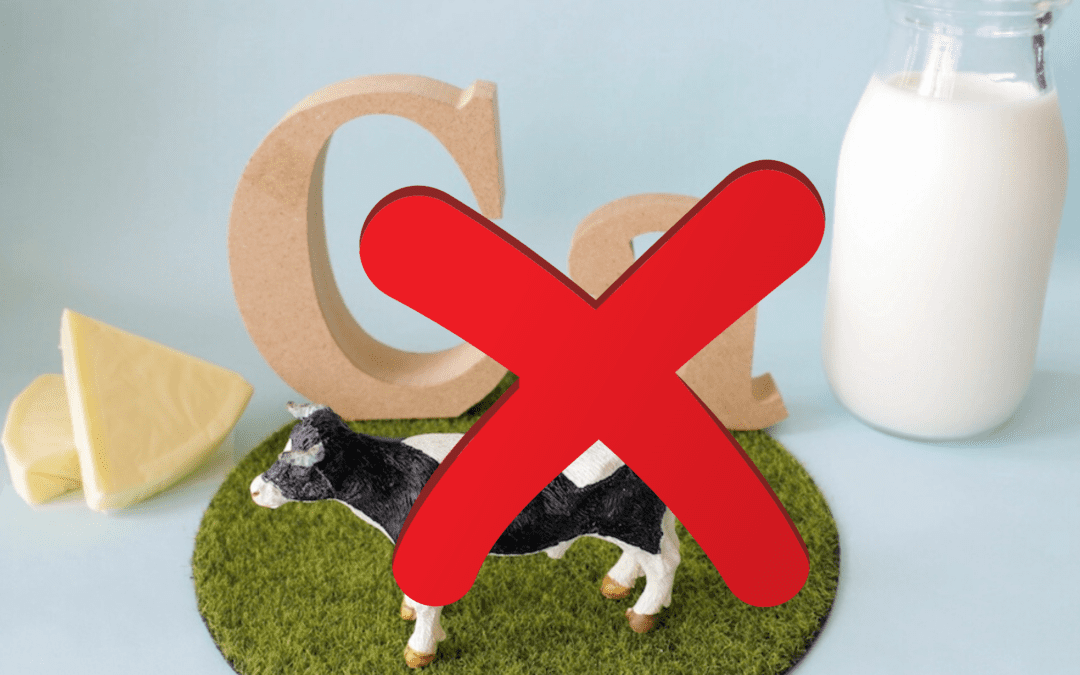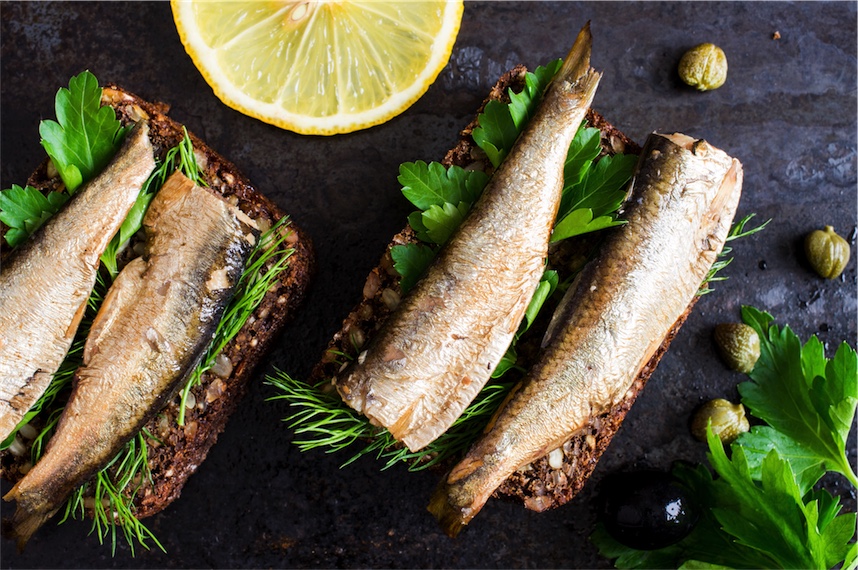Do we need dairy for calcium?
Dairy foods are widely promoted as significant dietary sources of calcium. But, can you still get enough calcium if you are not consuming milk products? Following is a guide to the highest non-dairy calcium foods for those who are lactose intolerant, following a vegan diet or simply want to boost their daily calcium intake like menopausal women.
Why do we need calcium?
Calcium is the most abundant mineral in our bodies due mostly to the large reservoir in our bones. Aside from bone and teeth mineralization, other vital functions for calcium include:
Sleep
Calcium helps the brain use tryptophan to make melatonin and also supports the REM sleep cycles.
Muscle contraction
Working with sodium, potassium and magnesium calcium support both smooth muscle (heart rhythm) and skeletal muscle contractions
Other
Blood clotting, premenstrual syndrome, irritability, anxiety, eczema
Deficiency signs and symptoms
Symptoms of calcium deficiency may include:
- Osteoporosis, osteopenia
- Bone pain
- Dental caries, tooth discolouration
- High blood pressure
- Muscle cramps and spasms
- Abnormal clotting
Improving calcium absorption
- Support healthy stomach acid levels
- Adequate Vitamin D improves the uptake of calcium in the digestive tract.
- Adequate Vitamin K ensures calcium gets deposited in the bones and not the blood vessels.
Things that reduce calcium absorption
Foods
- Plant compounds including oxalates (spinach, rhubarb, tea, coffee, peanuts, almonds, chocolate) and phytates (nuts, grains and legumes).
- High dietary fat increases urinary excretion of calcium
Nutritional supplements
- High doses of supplemental zinc or iron (>15mg) compete with calcium for uptake. Separate by two hours.
- High dose supplemental fibre, particularly guar gum. Separate by two hours.
Medications
- Oral and inhaled corticosteroids (long term use)
- Proton pump inhibitors
- Antacids
- Anticonvulsants
- Aspirin
- Loop diuretics
- Doxycycline
** Do not alter your medications without first consulting with your prescribing Doctor.
Calcium requirements
The recommended dietary intake for adults in Australia is 1000mg per day with increased requirements for children, adolescents, pregnancy, lactation and menopausal women.
Non-dairy food sources of calcium
|
Meat and animal products |
Amount |
Calcium |
|
Canned sardines |
100g |
460mg |
|
Canned salmon |
100g |
90mg |
|
Mussels, oysters, prawns |
100g |
200mg |
|
Egg poached |
55g |
50mg |
|
|
|
|
|
Vegetables and herbs |
|
|
|
Soybeans |
100g |
75mg |
|
Tofu |
120g |
126mg |
|
Kale |
50g |
32mg |
|
Cabbage (raw) |
100g |
80mg |
|
Broccoli (steamed) |
100g |
80mg |
|
Bok choy |
100g |
105mg |
|
Spinach |
100g |
100mg |
|
Turnip |
80g |
70mg |
|
Parsley |
5g |
330mg |
|
Cress |
120g |
190mg |
|
Cacao, raw |
5g |
50mg |
|
|
|
|
|
Fruits |
|
|
|
Dried apricots |
25g |
90mg |
|
Dried Currants |
15g |
100mg |
|
Dried figs |
2 |
260mg |
|
|
|
|
|
Nuts, seeds and grains |
|
|
|
Almonds |
10 nuts |
250mg |
|
Brazil nuts |
5 nuts |
180mg |
|
Hazelnuts |
30g |
56mg |
|
Poppy Seeds |
1 tablespoon |
125mg |
|
Chia |
30g |
180mg |
|
Tahini paste |
30g |
40mg |
|
|
|
|
|
Other |
|
|
|
Blackstrap molasses, unsulphured |
1 tablespoon |
200mg |

Need help with
Norelle Hentschel is an experienced naturopath with a clinic in Crows Nest, Sydney and Telehealth consults Australia wide. She enjoys supporting her clients to reach their health goals.
Want more articles like this?
Receive a monthly digest of natural health information to help you become “health” sufficient!
PS. Your inbox real estate is precious, and we will never annoy you with sales pitches or share your details with anyone else. One email a month — that’s it.


